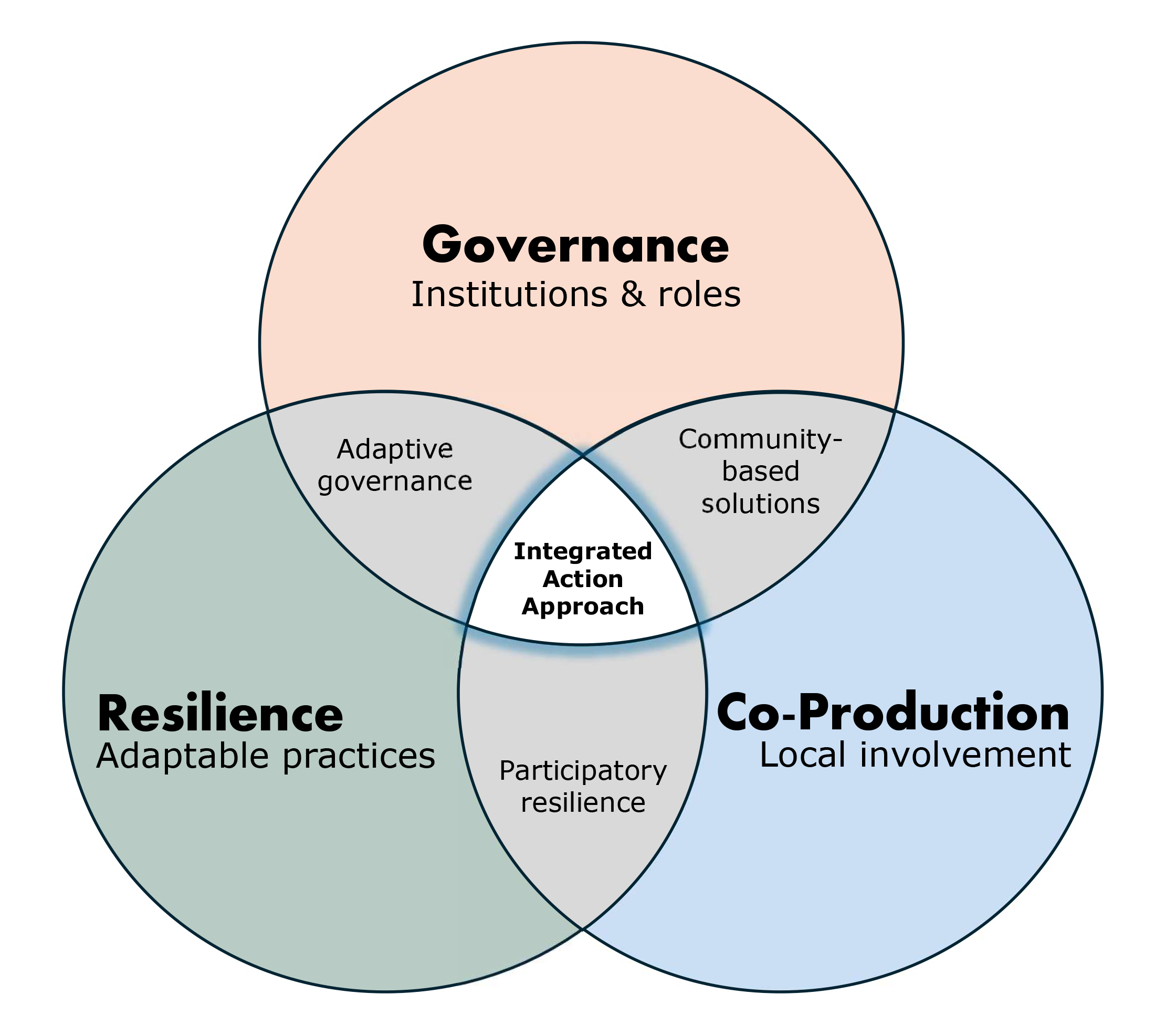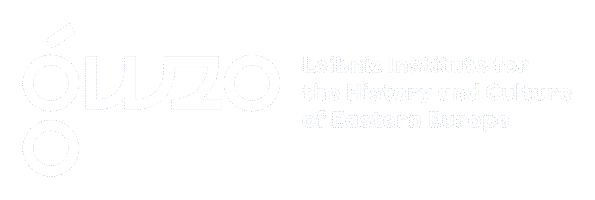The goal of the research project is to explore governance approaches and the ways of their development that can support the integration of resilience and sustainability principles in the urban development of historic urban areas. The project aims to examine key issues, such as fostering locally adapted understandings of resilient sustainability for built heritage, encouraging collaboration among urban administration, politics, and civil society, and identifying ways to integrate these principles in urban planning, monument preservation, and housing management instruments, to provide insights and recommendations that may inform transferable strategies.
Lead: Prof. Christa Reicher (Chair of Urban Design and Institute for Urban Design and European Urbanism, RWTH Aachen University) together with Dr. Elena Batunova and Albina Davletshina M.Sc. (both RWTH Aachen University).
Research Questions
The main research question of the project is: How can governance approaches be developed and implemented to integrate resilience and sustainability principles in urban development, focusing on Soviet-era residential heritage in three post-Soviet cities?
The project explores the following interconnected subquestions to address the main research question:
- What is the local understanding of resilience and sustainability in the case study cities?
- How can governance approaches be co-produced with local actors to address urban heritage challenges in these contexts?
- What procedural and instrumental innovations can support integrating resilience and sustainability goals?
Our research combines three perspectives—governance, resilience, and co-production—to understand how Soviet housing heritage can be managed in times of change. Governance theory helps us analyse institutions and stakeholder roles, resilience theory provides a foundation for developing adaptable and sustainable practices, and co-production theory offers tools for involving local actors so that solutions are co-created and relevant to communities. Together, these approaches guide us in exploring how housing heritage can support more resilient and sustainable urban futures.

Fig.01. Research Frame and Approach
How the Research Unfolds
At the initial phase, the research lays the foundation for the case study work. This involves reviewing international literature, monitoring debates in the post-Soviet space, and working closely with partners in Armenia, Estonia, and Latvia to shape the final research design. At this stage, methods and formats for dialogue and participation are also developed to support fieldwork.
In the second phase, the focus turns to local understandings of resilience and sustainability. By analysing planning documents, projects, and institutional settings in the three cities, and by engaging with local actors through interviews and workshops, the project explores how different stakeholders perceive and apply these concepts in relation to residential heritage.
The third phase investigates local instruments and cooperation. Here, the emphasis is on identifying both the challenges and opportunities for aligning resilience and sustainability goals in practice. Through analysis of planning tools, heritage regulations, and governance structures, complemented by expert discussions, the research highlights gaps and potential synergies in local contexts.
In the following phase, attention shifts toward developing actionable approaches. Drawing on earlier insights, problem- and solution-oriented strategies are co-created with local stakeholders. These approaches are refined through workshops and then tested against broader experiences in dialogue with international experts.
Finally, the project moves to conceptual synthesis and dissemination. Location-specific findings are compared with additional international cases to draw broader conclusions. These results are then shared in conferences, publications, and practice-oriented formats, ensuring that the knowledge generated is accessible and relevant for both academic and professional audiences.
Research team
Dr. Elena Batunova
Dr. Elena Batunova is a senior researcher at the RWTH Aachen University in Germany, an urban and regional planner. She holds a Ph.D. in Urban Planning, Design, and Policy from Politecnico di Milano in Italy that included periods spent studying and researching abroad at the Leibniz Institute for Regional Geography in Leipzig, Germany and KU Leuven in Belgium. Elena's research interests and project activities include urban shrinkage, post-socialist cities, small and medium-sized cities, urban governance, urban planning, and institutional practices of built heritage preservation and use. She had a leading role in several national and international research projects in urban shrinkage, heritage protection, innovations in urban planning, and mega-events impact on local development.
Contact:
Albina Davletshina
Albina Davletshina is a research associate at Chair of Urban Design at RWTH Aachen University with an academic and professional background in urban planning and architecture. She holds a Master of Science in Urban Planning and Policy Design from Politecnico di Milano and a master’s degree in architecture from Ufa State Petroleum Technical University. She has professional experience from Russia, the United States, and Italy, complemented by teaching experience at Politecnico di Milano. Her primary research interests focus on fields of housing, urban resilience, and post-growth development.
Contact:







